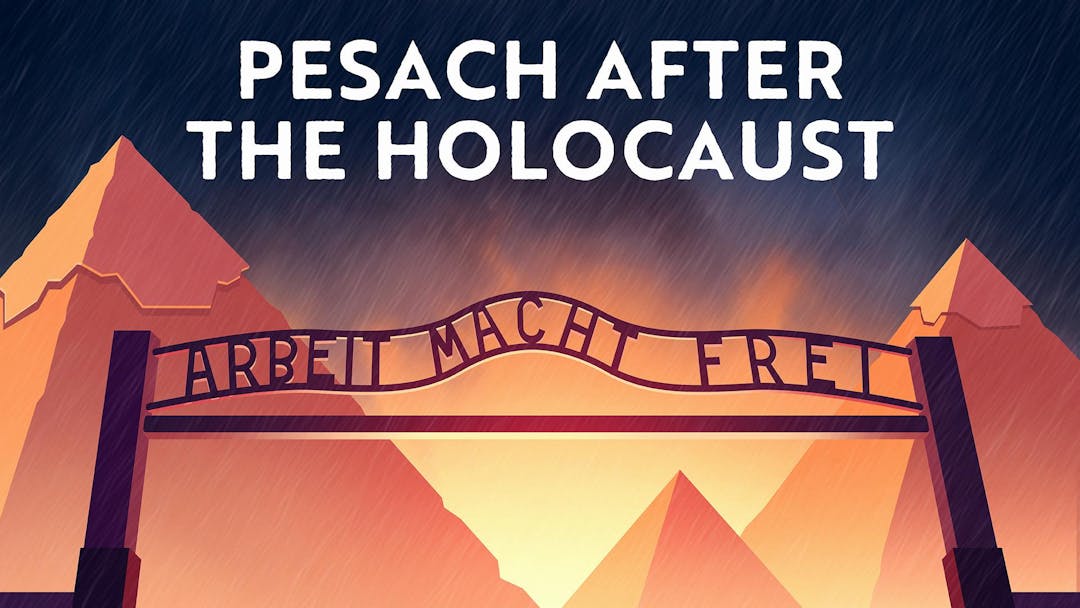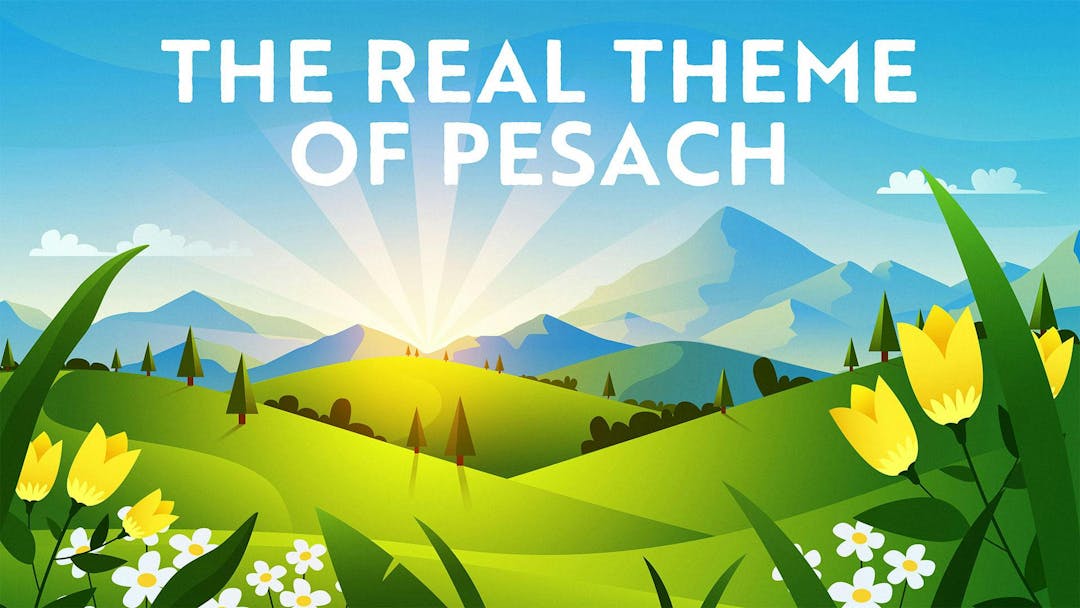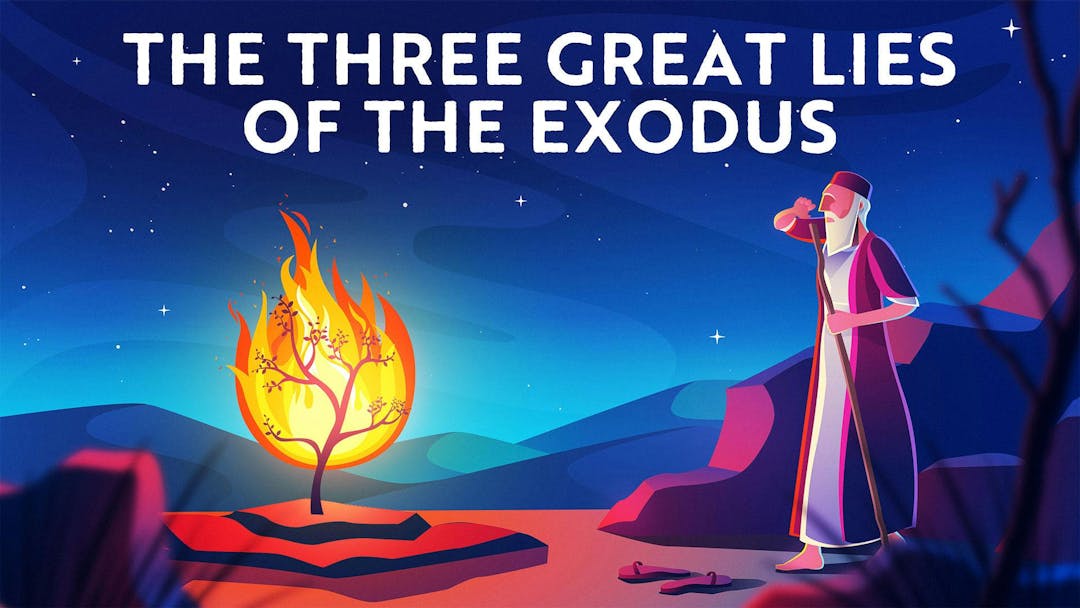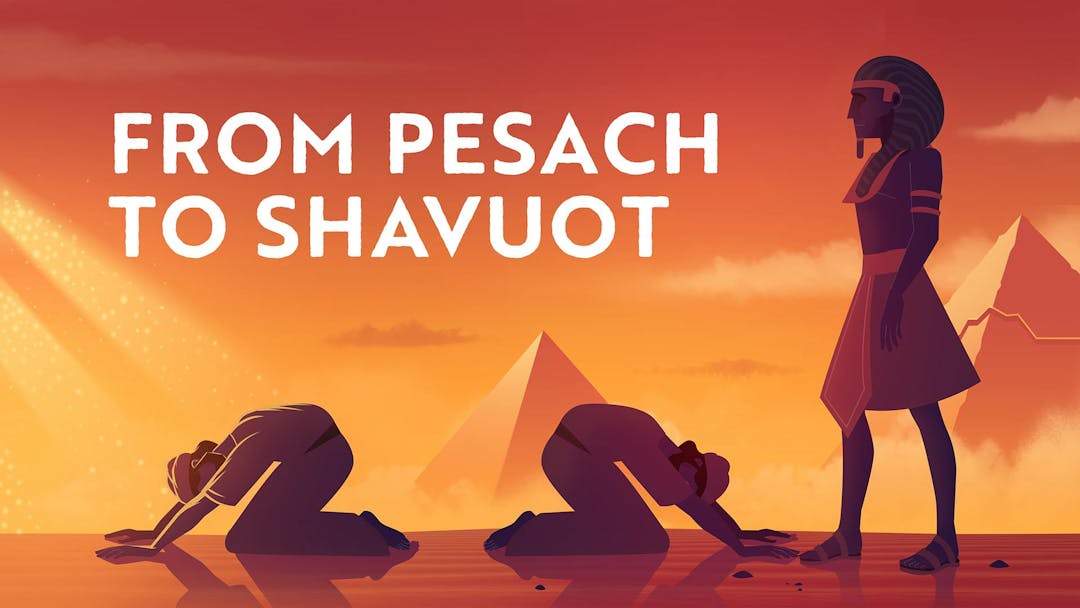Start your free trial today to unlock the full library and enjoy unlimited and uninterrupted access.
Get StartedThe Passover Exodus (Part 1 of 5)
The Exodus Story That Could Have Been
The Story of the Exodus from Egypt ends in carnage for the Egyptians, and in glorious salvation for the Israelite nation – but could this story have ended differently? Could the Egyptians have lived happily ever after? How should Pharoah have reacted to Moses's request to take the Israelites to honor God?
We read in the story of Exodus that Pharaoh rejects Moses; having raised Moses as his own son, Pharaoh is against the idea of Moses visiting his other (Heavenly) Father. And so the 10 plagues are unleashed upon the Egyptians, and only until the final plague – the death of the firstborn – does Pharoah relent. Yet, still, rather than let the Israelites leave in peace, the Egyptians chase them down in chariots – only to drown in the Sea of the Reeds, and wash up dead upon its shores.
Curiously, if we closely study these events in the Exodus story, we start to see uncanny resemblances to another biblical story – when Joseph asks Pharaoh to honor the death of his (earthly) Father Jacob. Only, in that story, the Egyptians and the Israelites go forward together in unity – the chariots accompany the Israelites, not chase them. Was this biblical story intended as a blueprint for Pharaoh, to show how the Egyptians could have been saved?
In this video course, Rabbi Fohrman studies the Exodus from Egypt story to see what these curious biblical connections could mean. Jump into his commentary on the story of the Exodus – with a new perspective.
Want to watch the full video for free?
Enter your email and we’ll send you a link to watch the full series free.
What is Aleph Beta?
Aleph Beta is a unique kind of Torah library. Led by our founder, Rabbi David Fohrman, we are dedicated to high-level, textual Torah learning for adults that is intellectually and spiritually sophisticated, that enlivens your Jewish practice and helps you forge a deeper connection to God. Whether you’ve been learning in yeshiva for years or you’re just beginning your Torah journey, you’re sure to find something meaningful and surprising waiting for you here.
Browse our library of over 1,000 beautifully produced animated videos, podcasts, deep dive courses, and printable guides. Topics include the weekly parsha, Jewish holidays & fast days, laws & mitzvot, prayers, relationships, big philosophical ideas and more. Have something to say at the Shabbos table that will amaze your family and guests and bring deep meaning into their lives.













